New York City’s Rent Stabilization Law, initially established in 1969, has been extended through 2027 by Mayor Eric Adams. This law strictly regulates the amount by which landlords can increase rent.
The extension has been met with mixed reactions; tenant advocates celebrate the decision for its potential to protect affordable housing, while landlords argue it limits their profit margins and ability to invest in property improvements.
Mayor Eric Adams Advocates for Working-Class New Yorkers
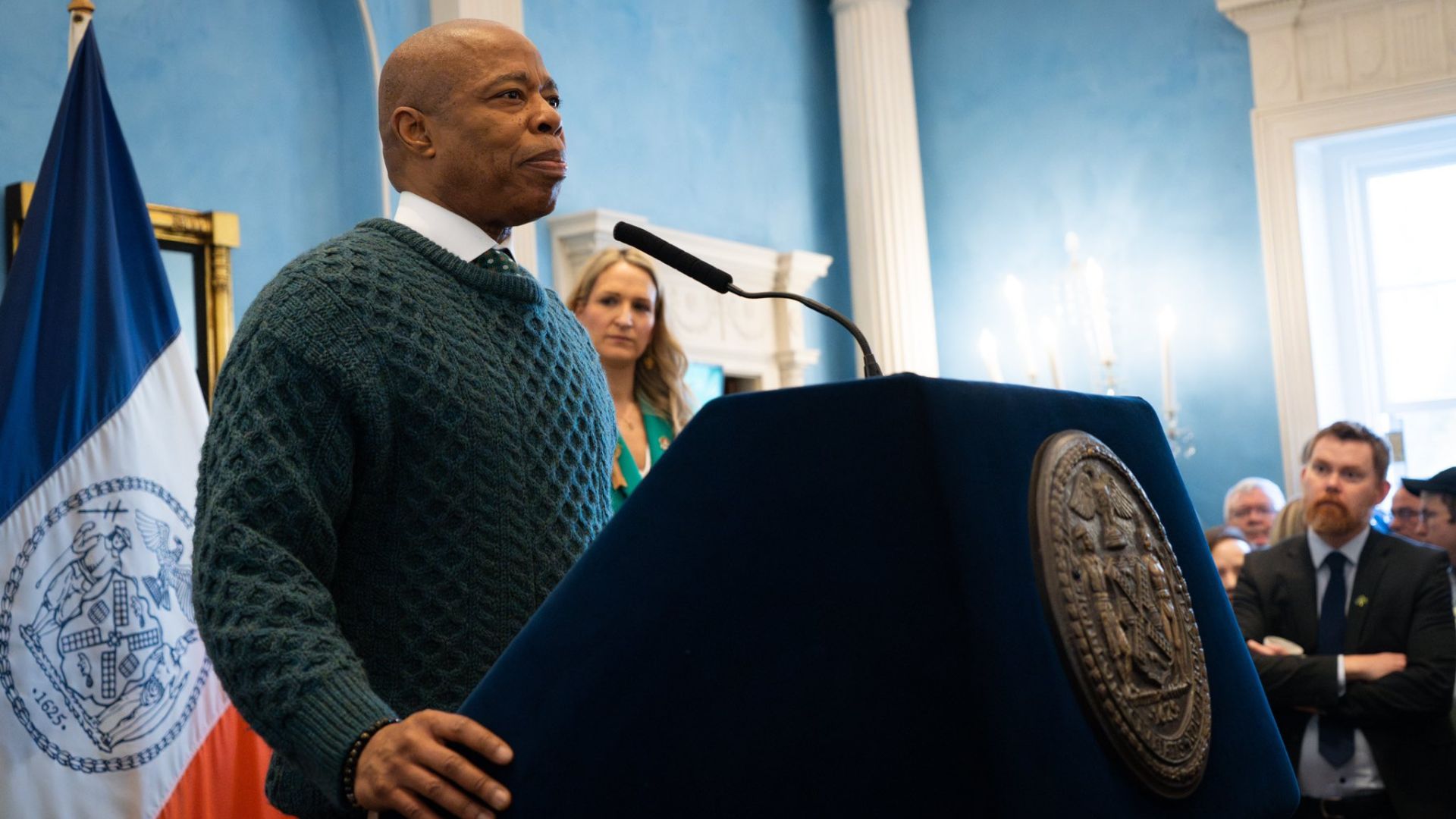
During the bill-signing ceremony, Mayor Eric Adams expressed his support for the legislation, stating, “Our rent stabilization laws are critical to the security of working-class New Yorkers who live in rent-stabilized housing.”
This statement illustrates the city’s commitment to maintaining affordable housing options for its working-class population.
Decrease in Vacancy Rates Post-Pandemic
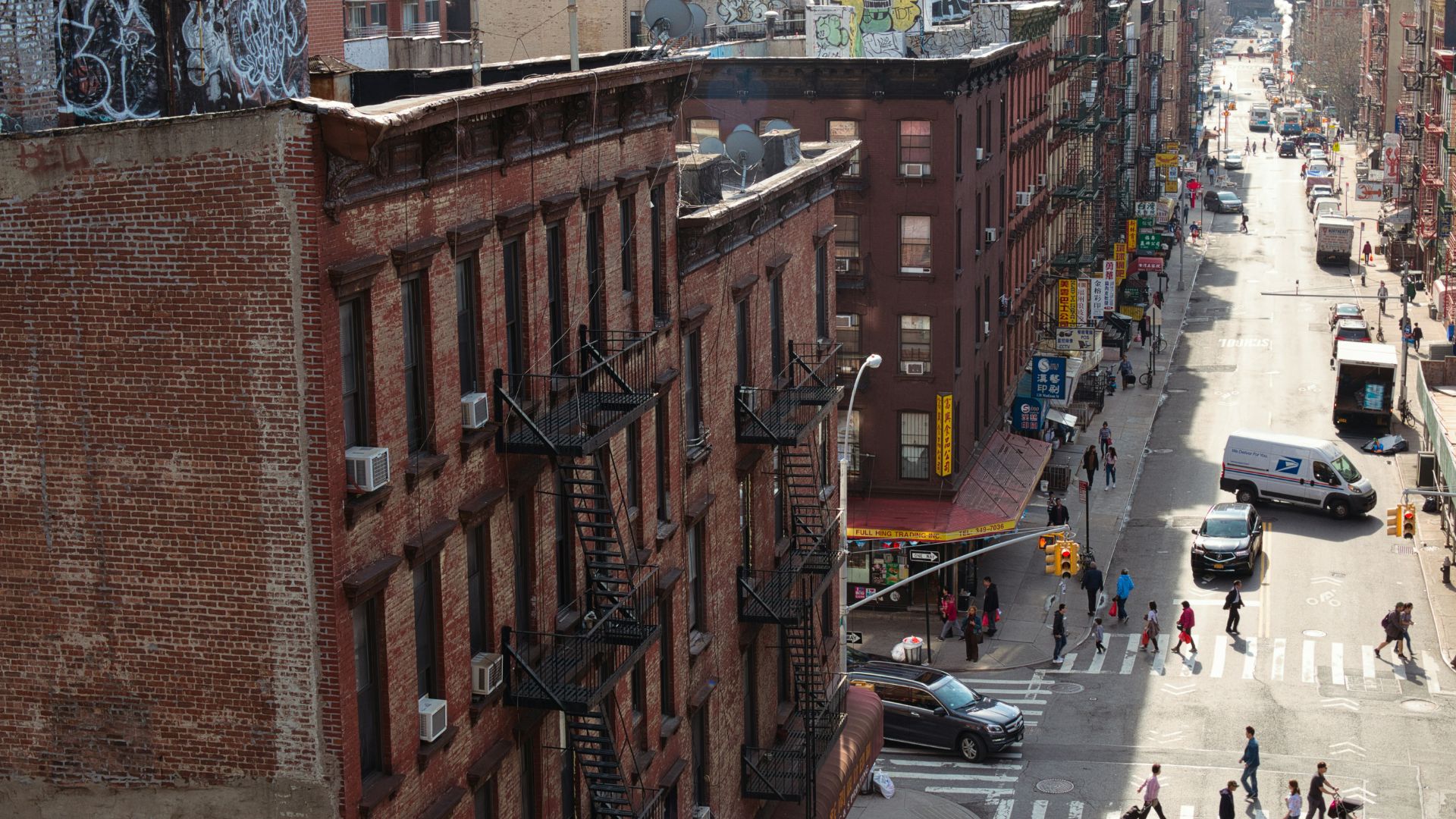
Following the pandemic, New York City has witnessed a significant decrease in vacancy rates, signaling a robust recovery and a return of residents.
The vacancy rate, which stood at 4.54 percent in 2021, has sharply fallen to 1.41 percent, indicating a growing demand for housing in the city.
Transition of Commercial to Residential Spaces
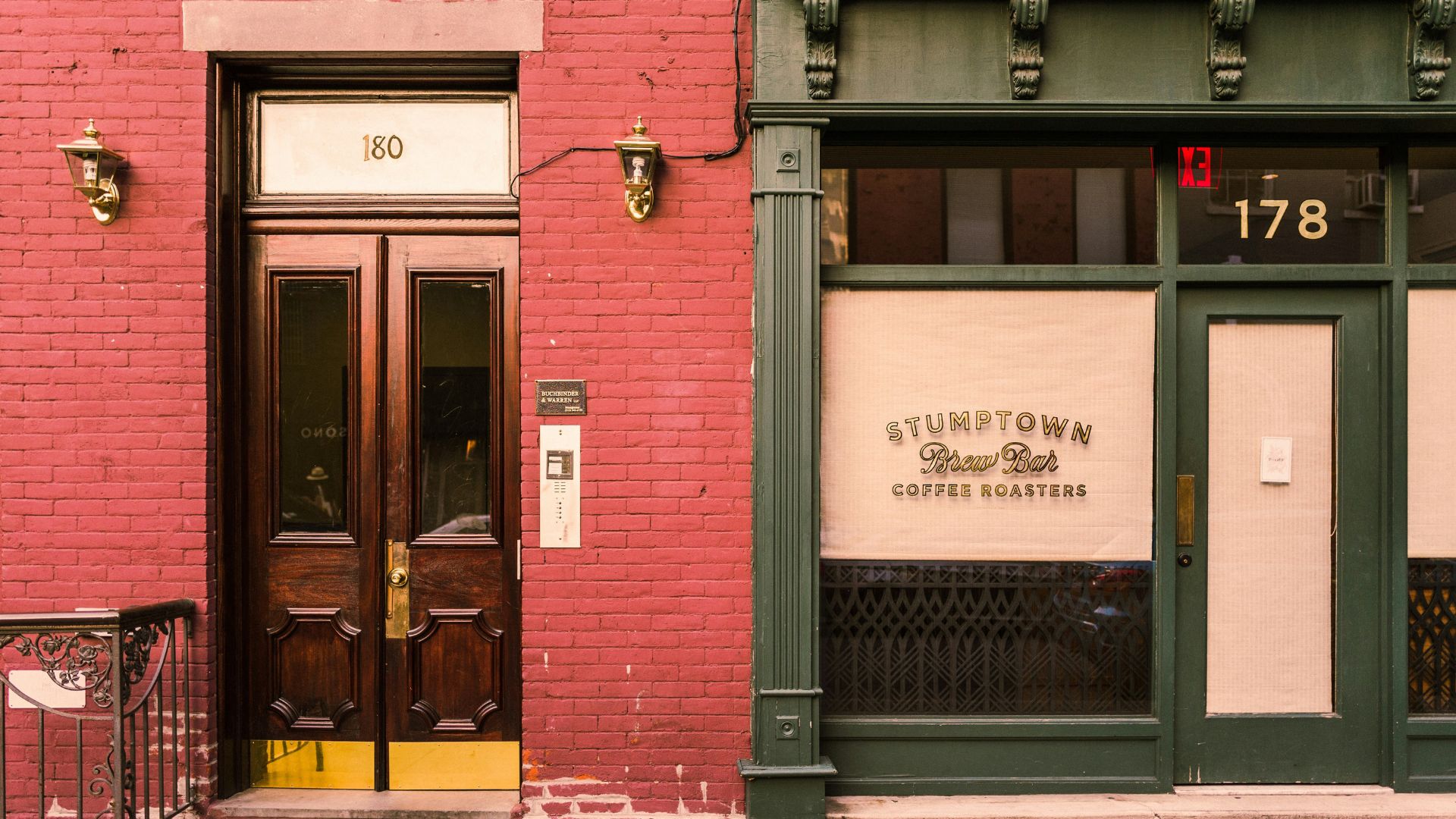
In response to the housing demand, New York City is implementing new zoning ordinances to allow the conversion of commercial buildings into residential units.
This initiative is part of the “City of Yes” effort, aiming to increase the housing supply and address the urgent need for more living spaces.
Official Statements on Housing Emergency
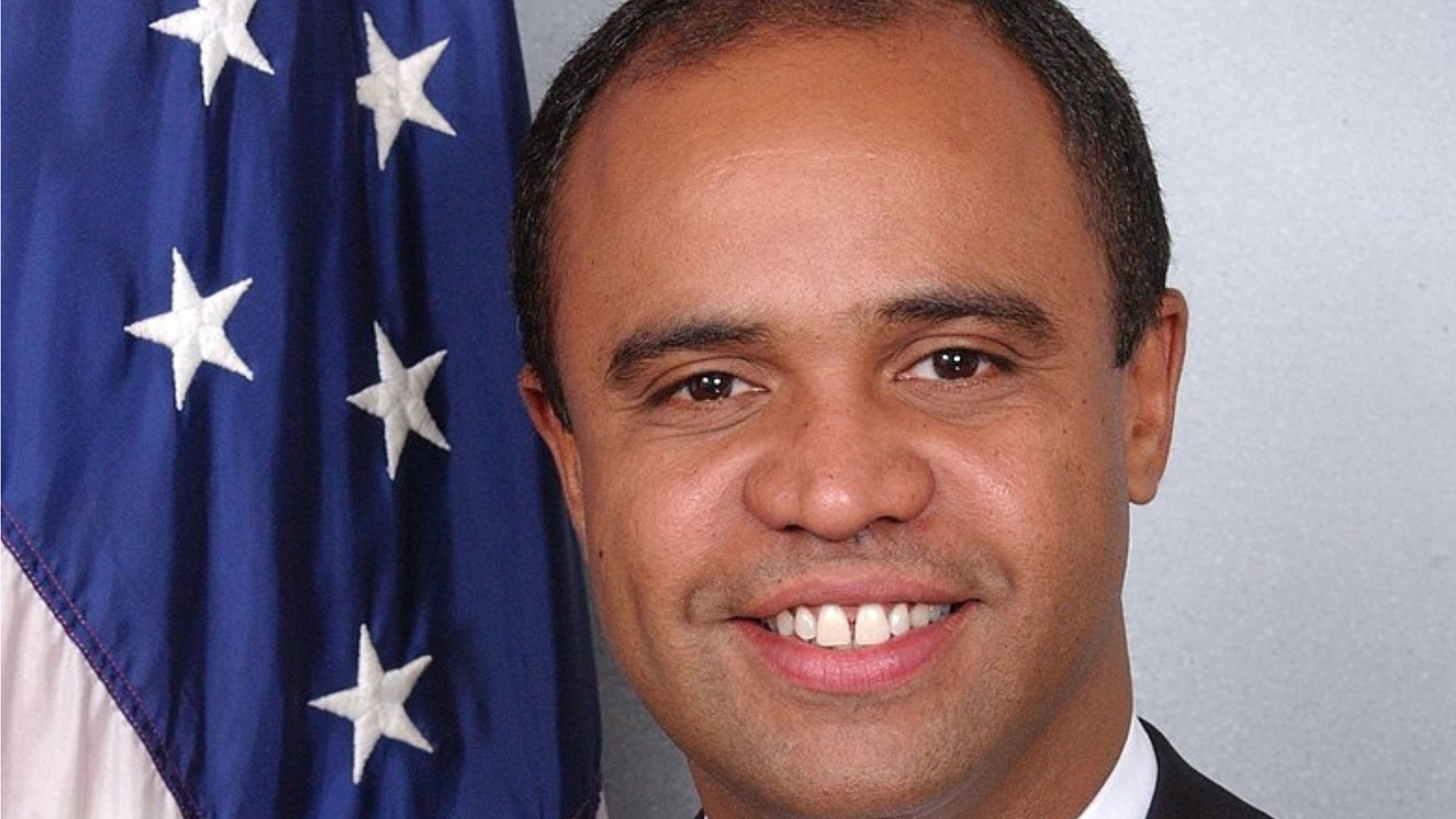
Adolfo Carrión Jr., the commissioner of the NYC Department of Housing Preservation and Development, commented on the housing situation, saying, “Declaring a housing emergency and extending rent stabilization another three years is a necessary step to protect some of the most vulnerable renters from unaffordable rent increases, but it does not get us out of this crisis.”
He emphasized the need for comprehensive solutions to the housing shortage.
Protection Against Evictions and Lease Renewal

The rent stabilization law not only controls rent increases but also offers tenants protection against unjust evictions and guarantees them access to lease renewals and necessary services.
The Rent Guidelines Board has established guidelines for rent increases, setting them at 2.75 percent for the first year of two-year leases and 3.2 percent for the second year.
Legal Challenges to Rent Stabilization Law
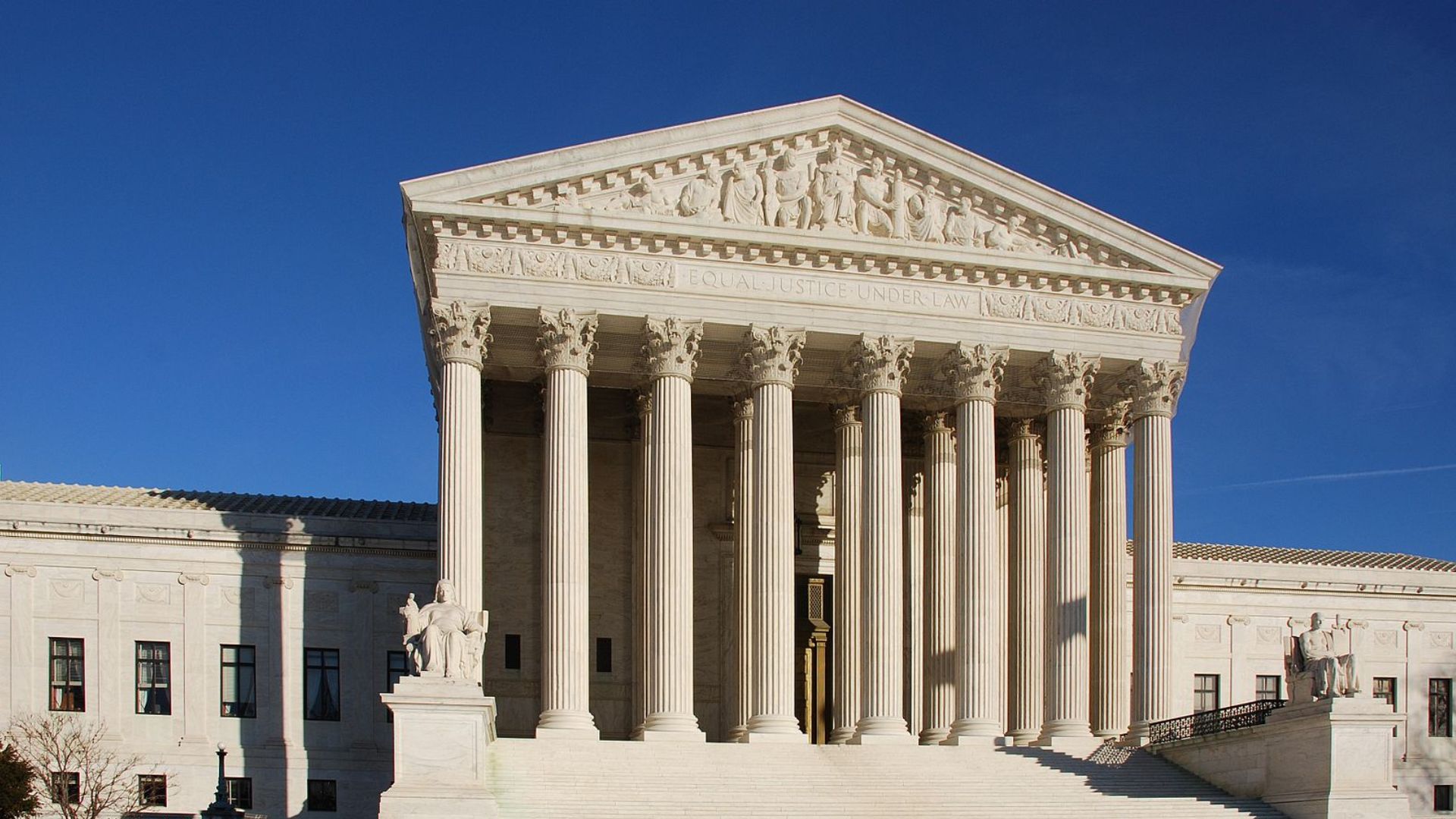
Landlords have challenged the rent stabilization law, appealing to the U.S. Supreme Court to review its legality.
Despite these efforts, the Supreme Court has denied their requests three times. The Rent Stabilization Association of New York has criticized the law for “arbitrarily” setting rents while property taxes continue to rise, yet their appeals for change have seen little success.
City Council’s Perspective on Housing Emergency
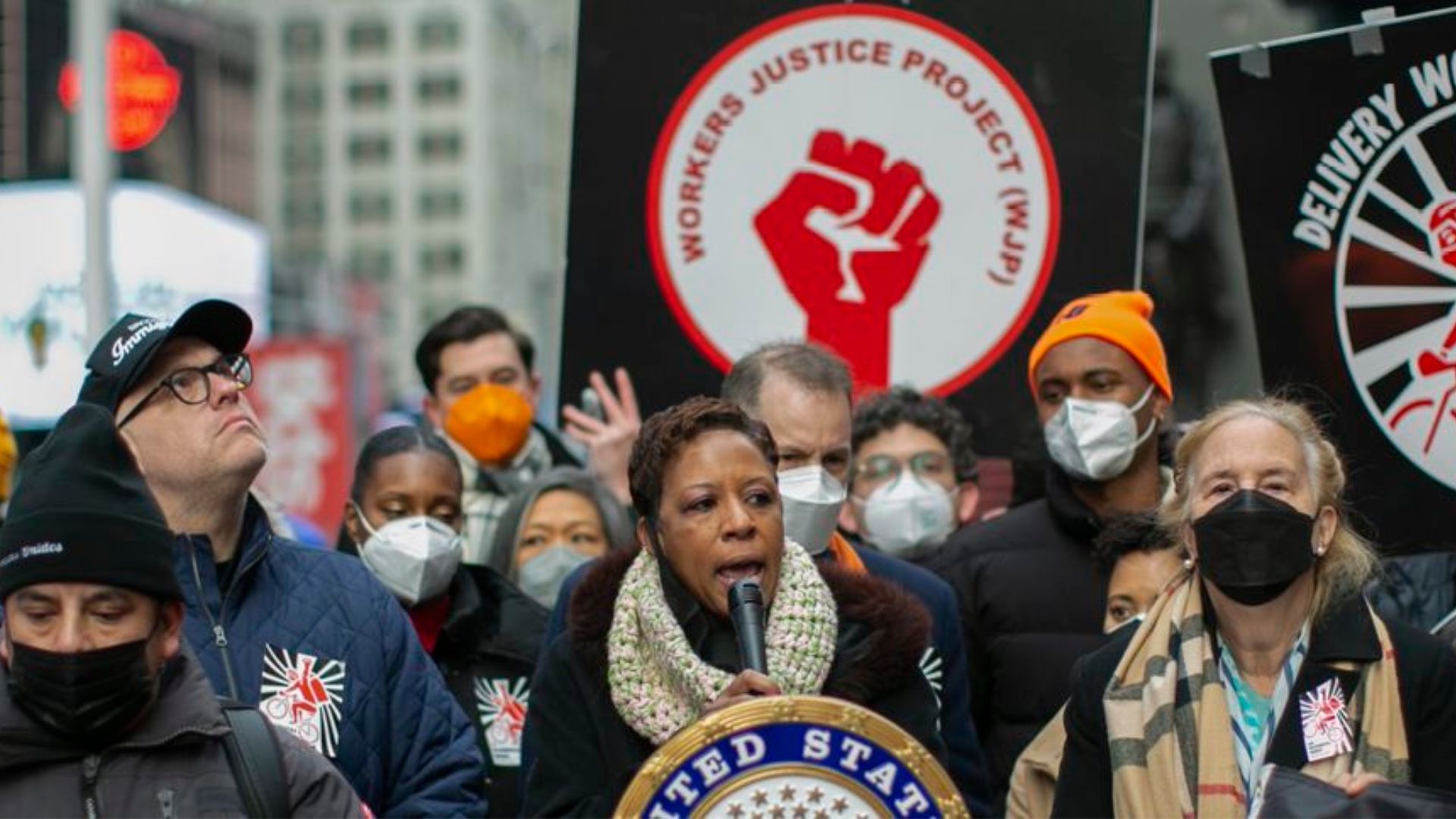
City Council Speaker Adrienne Adams highlighted the significance of the law’s extension, stating, “Our city is facing a housing emergency with a dire shortage of available homes that impacts all New Yorkers.”
She emphasized that the extension is essential for continuing rent regulation protections within the city.
Concerns Over Maintenance and Improvements
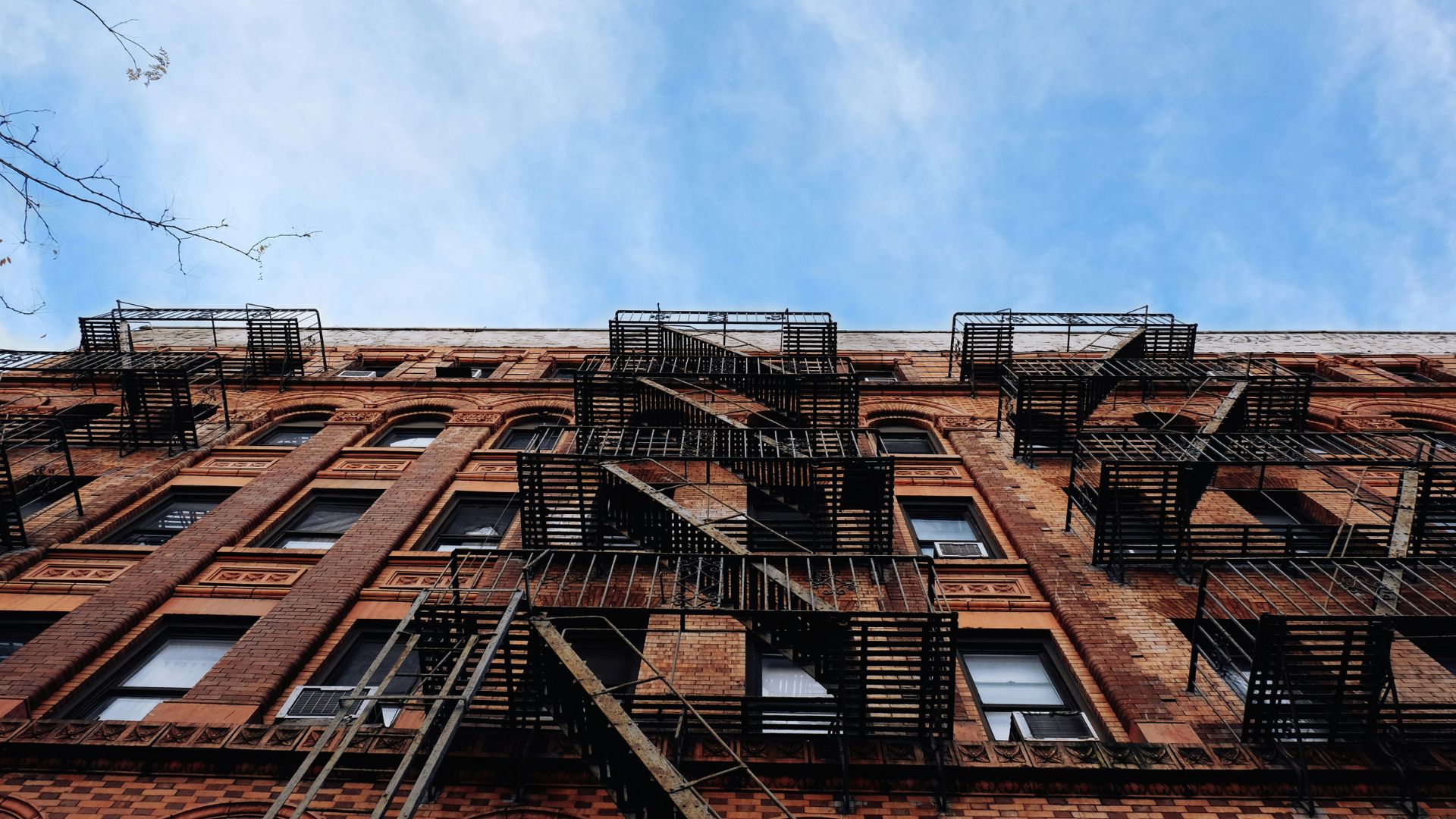
Alan Chang, the founder and president of Vested Title & Escrow, expressed concerns that if landlords cannot adjust rents in line with market rates, there might be insufficient funds for property maintenance and improvements.
He noted, “With inflation still at high levels, the cost of everything is more expensive, including labor and materials for housing upkeep.”
Potential Impact on Living Conditions
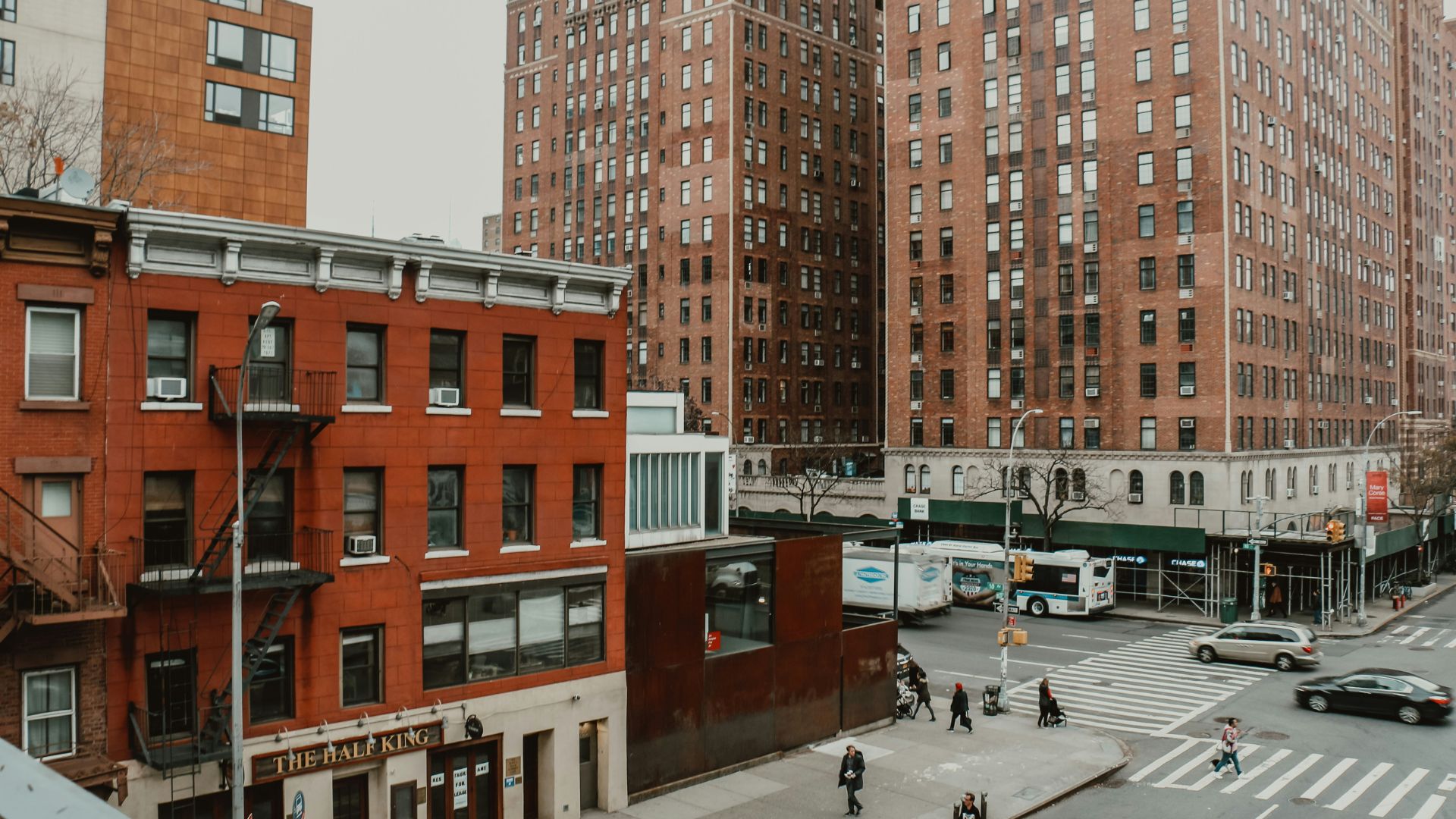
Austin Hair, a managing partner at real estate investment marketplace Leaders Token, warned that if landlords face financial pressures due to the law, the quality of living conditions for tenants could deteriorate.
He argued that inflation could exacerbate the situation by increasing the costs associated with property maintenance and improvements.
Realtor Views on Financial Strain

Pila Jessie, a realtor, provided insight into the challenges faced by landlords under the rent stabilization law.
Jessie said, “Landlords feel underrepresented and unheard. It’s not solely about maximizing profits; rental properties are also known as income properties so they should, by design, generate an income. For many landlords, maintaining their properties becomes a financial strain rather than a source of returns.”
Housing Shortage and Cost of Living Challenges

Cody Horvat, a real estate broker for The Scott Group, described the rent stabilization law as a temporary solution to a larger issue, emphasizing the disparity between income and living costs in New York City.
He noted that with the median income for Manhattan at $52,409 and the average rent for a one-bedroom apartment at $4,192, many residents struggle to find affordable housing.
